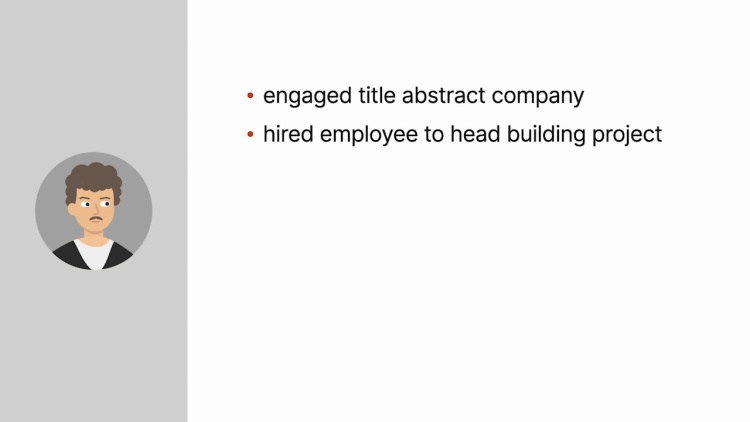Faber v. Sweet Style Mfg. Corp.
New York Supreme Court
40 Misc.2d 212, 242 N.Y.S.2d 763 (1963)

- Written by Sean Carroll, JD
Facts
On September 23, 1961, Faber (plaintiff) entered into a contract to purchase a plot of land from Sweet Style Manufacturing Corp. (SSMC) (defendant). Faber had been diagnosed with manic-depressive psychosis, and was in a manic phase from August to October 1961. On October 8, 1961, Faber was hospitalized in a mental institution. Before this time period, Faber was generally frugal and cautious, but between September 23 and October 8, 1961—the time between the contract signing and his hospitalization—Faber hired a title abstract company to perform a search on the plot of land, hired an employee to head the building project, had a sign built on the land stating that Faber Drug Company was coming soon, hired an architect, filed a mortgage application, hired laborers, and filed plans with City officials, among other things. Despite all this activity, closing was not to occur until October 20, 1961. Faber’s pre-trial examination revealed that he understood the contract, but did not explain the reasoning for his sudden change in behavior. His doctor testified that on September 23 he was “incapable of reasoned judgment.” SSMC’s expert psychiatrist testified that Faber’s judgment was intact on September 23. Faber brought suit to have the contract rescinded on account of his incompetence at the time he signed the contract.
Rule of Law
Issue
Holding and Reasoning (Meyer, J.)
What to do next…
Here's why 907,000 law students have relied on our case briefs:
- Written by law professors and practitioners, not other law students. 47,100 briefs, keyed to 996 casebooks. Top-notch customer support.
- The right amount of information, includes the facts, issues, rule of law, holding and reasoning, and any concurrences and dissents.
- Access in your classes, works on your mobile and tablet. Massive library of related video lessons and high quality multiple-choice questions.
- Easy to use, uniform format for every case brief. Written in plain English, not in legalese. Our briefs summarize and simplify; they don’t just repeat the court’s language.





